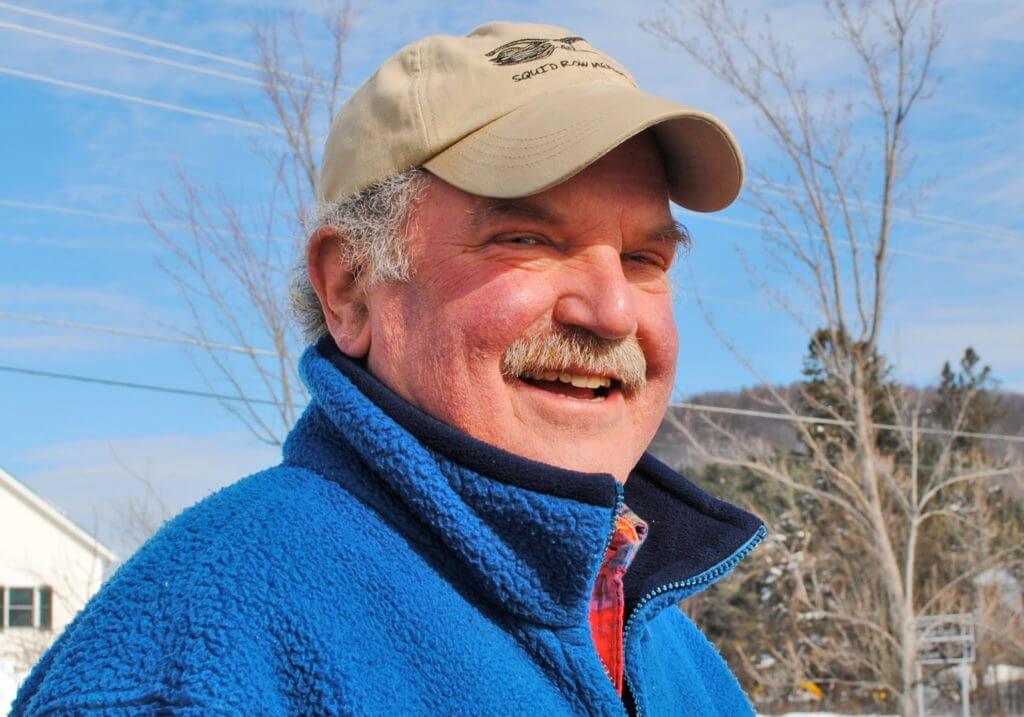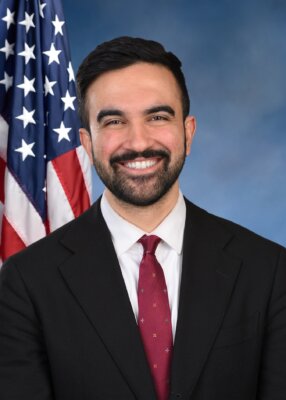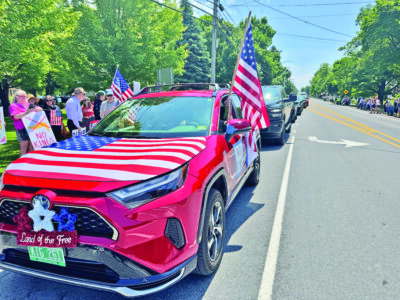Giving up muscles for brains I hope

I had a friend who was a big baseball player
Back in high school
He could throw that speedball by you
Make you look like a fool boy
Saw him the other night at this roadside bar
I was walking in, he was walking out
We went back inside sat down had a few drinks
But all he kept talking about was
Glory days well they’ll pass you by . . .
~ Bruce Springsteen, “Glory Days”
Well, yes, you do think back over three-quarters of a century lifetime and remember how much of it revolved around a physical presence and how much, now that that physicality has receded, has turned mental—we hope anyway.
Physical often meant sports. I stumbled across the beginning of my sports career recently when I uncovered a picture of myself on my first hockey team hanging out on a frozen lake in southern Minnesota. This would have been in the early 1950s when I was around 10 years old. Looking around the crew, many of whom were at least five years older than I, I realized that I was seeing some guys (yep, not a girl in the bunch) for whom sports became a major part of their lives. Several of them elected football as their sport of choice and went on to play in high-level college programs. One even followed his All-American selection by becoming an Oakland Raider fullback. I ran into him many years later in a San Diego pizza place where we rejoined our friendship over a pepperoni and cheese.
From that point on, much of my out-of-classroom time was spent in rinks, on football fields or baseball diamonds. The center of my hometown contained an area called Soldiers Field, which, in turn, held many of these facilities. Even a golf course, tennis courts and public swimming pool were not far away. To those of us that used it facilities, Soldiers Field was a hub of our city’s culture.
Some of this culture may have had to do with the fact that Rochester was home to the Mayo Clinic where physical matters predominated. Health care workers made up much of the population. In fact, each team I played on had a “Clinic” doctor on its sidelines during games or matches. Sports and town character fit together like nuts and bolts. I realized later on that a number of the Mayo employees came with impressive athletic backgrounds, including the person who hired me to serve on its educational staff in the 1980s. In addition to being Mayo’s chief administrator, he was also the head of USA Hockey at the time and appointed Herb Brooks to coach the 1980 Olympic team to the “Miracle on Ice.” My “miracle on ice” often came in a shot glass.
Being an athlete seemed to prove advantageous in gaining stature in Rochester culture. Although the city sat in the middle of cornfields and dairy farms, sports seemed to predominate. It was “Friday Night Lights” in the truest sense, and I fell into it like a bee into honey. Although we also may have given ourselves more credit than we deserved, it seemed to produce a dating system that generated a constant girlfriend.
One’s physical ability in the sport of the moment influenced that person’s stature in town. Like a number of Midwestern cities, Rochester was divided into quarters—southwest, northwest, northeast and southeast. Each quadrant had its own sport teams until the players reached high school where they merged forces and became “Rochester Rockets” or “Lourdes Eagles.” I was a Rocket along with teammates, a number of whom carried animal names like “Elk” and “Moose.” Even these nicknames often referred to their sports’ attributes.
That culture required a physical prowess that I no longer have. The aging process has taken its toll. I can’t throw a ball overhand because of a damaged rotator cuff and a torn tendon. I can’t strap on skates because of an amputated lower leg, and my body generally would not allow me to block opposing football players or throw to second base. Age and malady have required me to move from body to mind in the way of promoting who I am.
Thus I render “OutTakes” rather than “trap blocks,” “Around Town” rather than “buck laterals.” However, the mind does come into play. I remember my old blocking assignments much better than foreign languages or calculus algorithms from the classroom even though I can no longer live up to my position as a spin back.
This process that I share with you every two weeks through The Charlotte News is my way of getting off the body bandwagon and onto the mind track, contributing to my community with thoughts rather than blocks or tackles. Unfortunately, I remember a former college girlfriend asking me, “When are you going to grow up?”
Despite my discomfort, she was probably right with the question. I haven’t. I’ve just opened a new door on life.
Related Stories
Popular Stories
If you enjoy The Charlotte News, please consider making a donation. Your gift will help us produce more stories like this. The majority of our budget comes from charitable contributions. Your gift helps sustain The Charlotte News, keeping it a free service for everyone in town. Thank you.
Andrew Zehner, Board Chair








